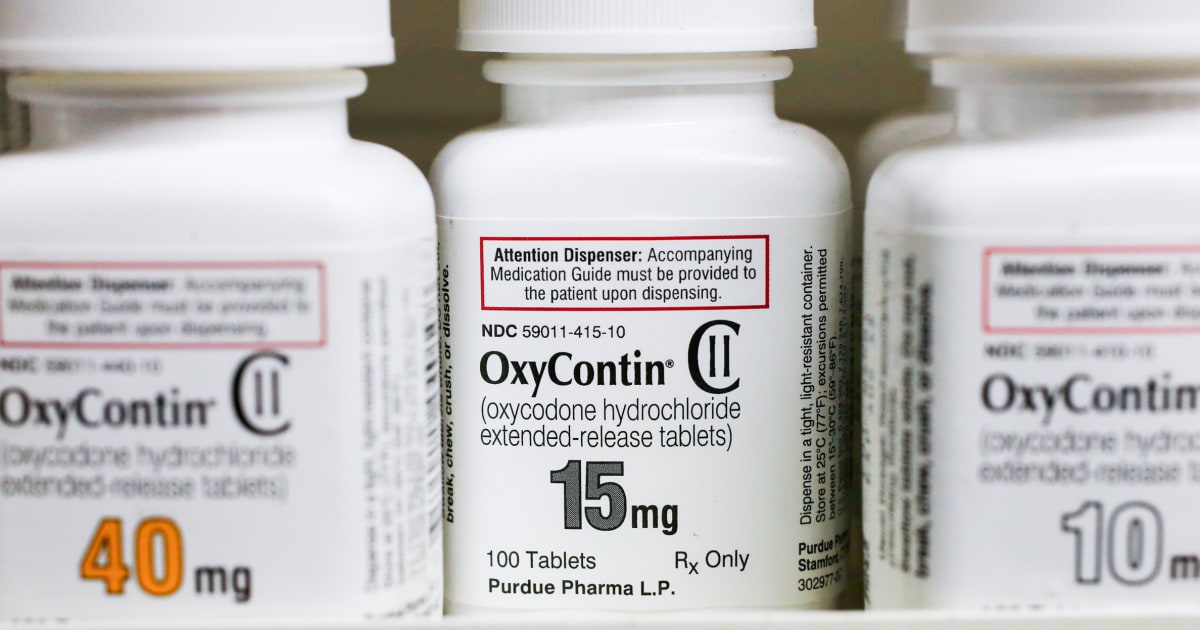Key takeaways:
- The Supreme Court has put a hold on the bankruptcy reorganization of opioid maker Purdue Pharma.
- The Biden administration objected to a key component of the agreement that would have shielded family members of the Sackler family from liability for lawsuits.
- The Supreme Court’s decision is a victory for those who have been fighting for justice for victims of the opioid epidemic and a sign that the Biden administration is taking a hard stance against those who have profited from the opioid crisis.
The Supreme Court has put a hold on the bankruptcy reorganization of opioid maker Purdue Pharma, granting an emergency request from the Biden administration. The settlement, which was reached last year with state and local governments, would have allowed the company to emerge from bankruptcy as a different entity with its profits used to fight the opioid epidemic.
However, the Biden administration objected to a key component of the agreement that would have shielded family members of the Sackler family, who own the company, from liability for lawsuits. The Sackler family had agreed to pay $6 billion that could be used to settle opioid-related claims but only in return for a complete release from any liability in future cases.
In response to the Biden administration’s request, the Supreme Court issued a brief order with no dissenting votes that blocked an appeals court decision that allowed the bankruptcy to move forward. The court also agreed to take up the government’s appeal, meaning it will hear oral arguments in December and likely issue a ruling early next year.
The Supreme Court’s decision to put the bankruptcy reorganization on hold is a victory for those who have been fighting for justice for victims of the opioid epidemic. It is also a sign that the Biden administration is taking a hard stance against those who have profited from the opioid crisis. The outcome of the case could have far-reaching implications for the future of the opioid industry and the Sackler family.



Be First to Comment